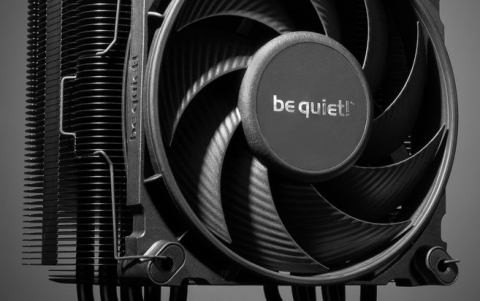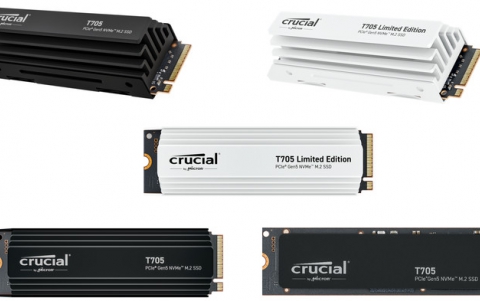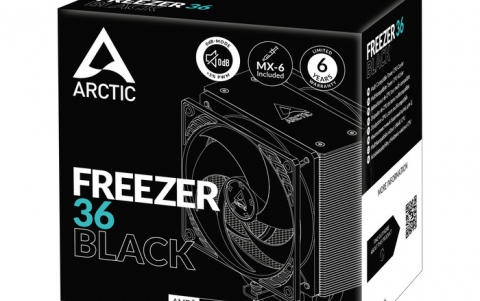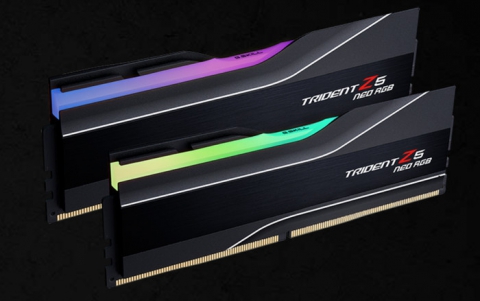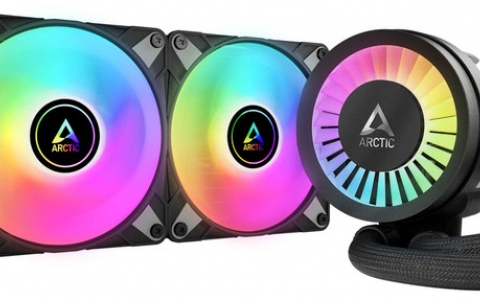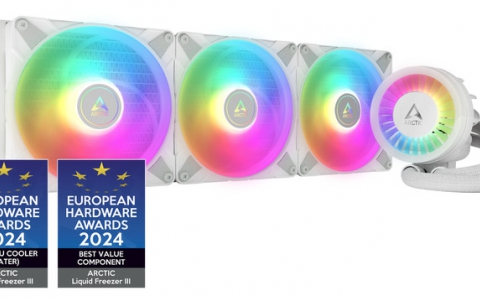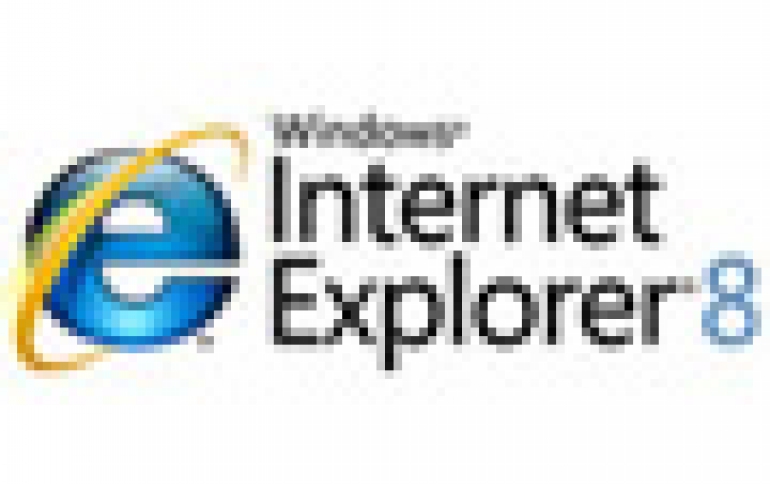
Microsoft To Let European Users Choose Competing Browsers For Windows
As the European Commission has announced in a statement, Microsoft has made a new proposal in an effort to address competition law issues related to Internet Explorer and interoperability.
Microsoft has proposed a consumer 'ballot screen' as a solution to the pending antitrust case about the tying of Microsoft Internet Explorer web browser with Windows. Under the proposal, among other things, European consumers who buy a new Windows PC with Internet Explorer set as their default browser would be shown a 'ballot screen'
from which they could, if they wished, easily install competing browsers from the Web, set one of those browsers as a default, and disable Internet Explorer.
In addition OEMs would be able to install competing web browsers, set those as default and disable Internet Explorer should they so wish.
If this proposal is ultimately accepted, Microsoft will ship Windows in Europe with the full functionality available in the rest of the world.
"The Commission welcomes this proposal, and will now investigate its practical effectiveness in terms of ensuring genuine consumer choice," the commission's statement reads.
"We believe that if ultimately accepted, this proposal will fully address the European competition law issues relating to the inclusion of Internet Explorer in Windows and interoperability with our high-volume products. This would mark a big step forward in addressing a decade of legal issues and would be good news for European consumers and our partners in the industry," Microsoft said.
The European Commission has to date slapped fines totaling 1.68 billion euros on the U.S. software giant for infringing EU antitrust rules.
In its latest charge on January 15, the Commission accused Microsoft of seeking to thwart rivals by bundling the company's Web browser with its Windows PC operating system, thereby harming innovation and reducing consumer choice.
And in January last year, the EU executive had launched a probe on a complaint by industry body ECIS alleging that Microsoft had refused to disclose information that would allow third parties to design programs compatible with its products.
Microsoft had said last month it planned to sell Windows 7 in Europe with no browser at all but the response from the Commission said it wanted more choice for consumers.
The ballot box proposal could be a boon for competing browser makers such as Google, the Mozilla Foundation and Opera.
Microsoft has also made proposals in relation to disclosures of interoperability information that would improve the interoperability between third party products and Windows and Windows Server. The comission said that those proposals required further investigation.
In addition OEMs would be able to install competing web browsers, set those as default and disable Internet Explorer should they so wish.
If this proposal is ultimately accepted, Microsoft will ship Windows in Europe with the full functionality available in the rest of the world.
"The Commission welcomes this proposal, and will now investigate its practical effectiveness in terms of ensuring genuine consumer choice," the commission's statement reads.
"We believe that if ultimately accepted, this proposal will fully address the European competition law issues relating to the inclusion of Internet Explorer in Windows and interoperability with our high-volume products. This would mark a big step forward in addressing a decade of legal issues and would be good news for European consumers and our partners in the industry," Microsoft said.
The European Commission has to date slapped fines totaling 1.68 billion euros on the U.S. software giant for infringing EU antitrust rules.
In its latest charge on January 15, the Commission accused Microsoft of seeking to thwart rivals by bundling the company's Web browser with its Windows PC operating system, thereby harming innovation and reducing consumer choice.
And in January last year, the EU executive had launched a probe on a complaint by industry body ECIS alleging that Microsoft had refused to disclose information that would allow third parties to design programs compatible with its products.
Microsoft had said last month it planned to sell Windows 7 in Europe with no browser at all but the response from the Commission said it wanted more choice for consumers.
The ballot box proposal could be a boon for competing browser makers such as Google, the Mozilla Foundation and Opera.
Microsoft has also made proposals in relation to disclosures of interoperability information that would improve the interoperability between third party products and Windows and Windows Server. The comission said that those proposals required further investigation.















